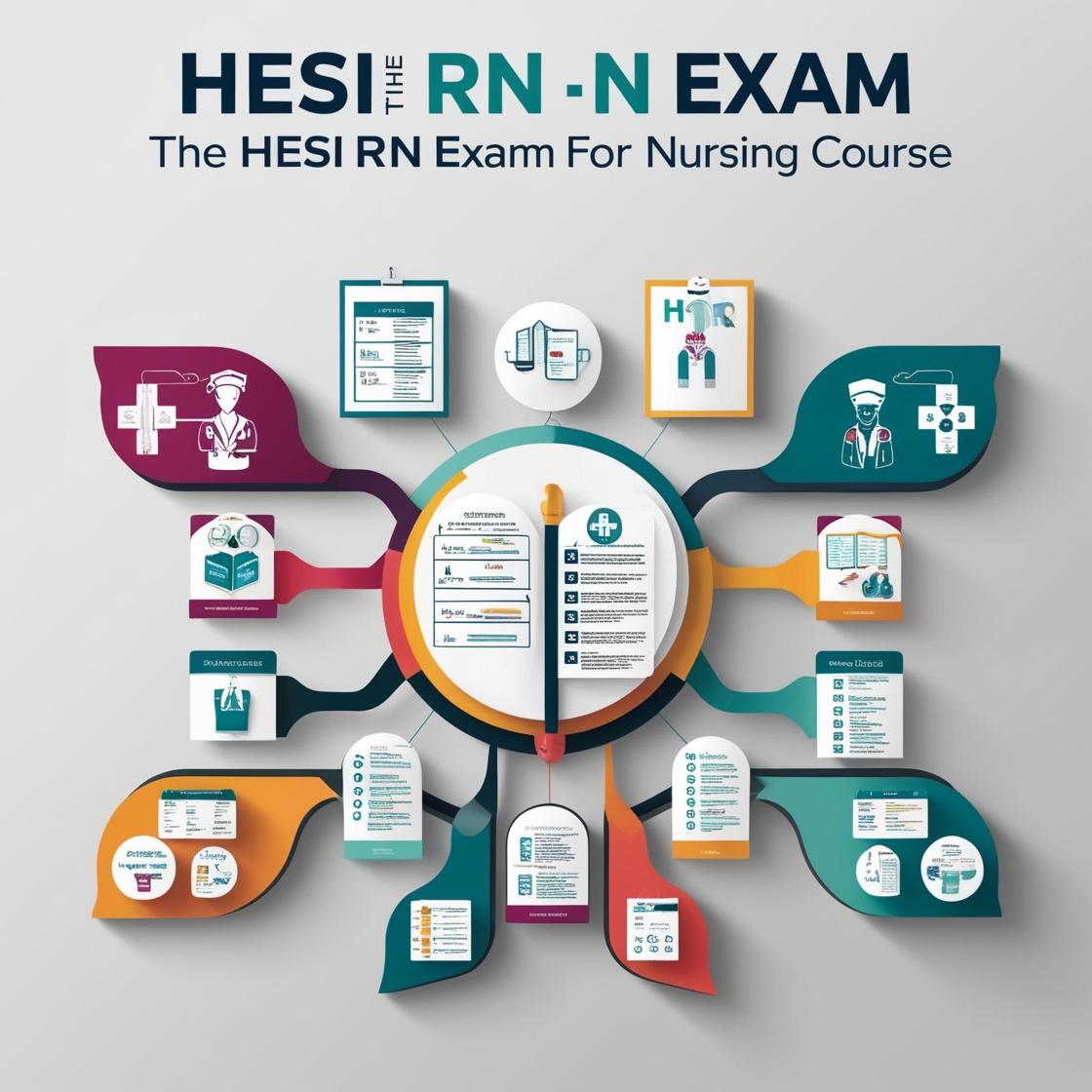HESI RN
HESI Maternity 55 Questions Quizlet
1. During a prenatal visit, the LPN/LVN discusses with a client the effects of smoking on the fetus. When compared with nonsmokers, mothers who smoke during pregnancy tend to produce infants who have
- A. lower Apgar scores.
- B. lower birth weights.
- C. respiratory distress.
- D. a higher rate of congenital anomalies.
Correct answer: B
Rationale: When mothers smoke during pregnancy, it is associated with intrauterine growth restriction, which leads to lower birth weights in infants. Maternal smoking can restrict the flow of oxygen and nutrients to the fetus, affecting its growth and development. This can result in babies being born with lower birth weights, which can have various health implications for the newborn. Choices A, C, and D are incorrect as smoking during pregnancy is primarily linked to intrauterine growth restriction and lower birth weights in infants, rather than lower Apgar scores, respiratory distress, or a higher rate of congenital anomalies.
2. What is the most important assessment for the healthcare provider to conduct following the administration of epidural anesthesia to a client who is at 40-weeks gestation?
- A. Maternal blood pressure.
- B. Level of pain sensation
- C. Station of presenting part.
- D. Variability of fetal heart rate.
Correct answer: A
Rationale: Following the administration of epidural anesthesia, the most crucial assessment for the healthcare provider to conduct is monitoring maternal blood pressure. Epidural anesthesia can lead to hypotension as a common side effect, which can have significant implications for both the mother and the fetus. Therefore, close monitoring of maternal blood pressure is essential to detect and manage any hypotensive episodes promptly. Choices B, C, and D are important assessments during labor and delivery, but in this specific scenario of post-epidural anesthesia, monitoring maternal blood pressure takes precedence due to the potential risk of hypotension.
3. After administering the varicella vaccine to a 5-year-old child, which instruction should the nurse provide the child’s parent?
- A. Chewable children’s aspirin will not help prevent inflammation.
- B. Keep the child home for the next two days.
- C. Any fever should be monitored and reported if severe.
- D. Apply a cool pack to the injection site to reduce discomfort.
Correct answer: D
Rationale: After receiving the varicella vaccine, applying a cool pack to the injection site can help reduce discomfort. This intervention is a simple and effective way to manage local reactions at the site of the vaccination, providing comfort to the child and potentially reducing swelling or pain. Choices A, B, and C are incorrect because chewable children’s aspirin is not typically recommended after vaccination, keeping the child home is not necessary unless advised by a healthcare provider, and monitoring fever alone is not the primary instruction post-varicella vaccination.
4. During a well-child visit for their child, one of the parents with an autosomal dominant disorder tells the nurse, 'We don’t plan on having any more children, since the next child is likely to inherit this disorder.' How should the nurse respond?
- A. Explain that the risk of inheriting the disorder decreases by 50% with each child the couple has.
- B. Acknowledge that the next child will inherit the disorder since the first child did not.
- C. Encourage the couple to reconsider their decision since the inheritance pattern may be sex-linked.
- D. Confirm that there is a 50% chance of their future children inheriting the disorder.
Correct answer: D
Rationale: Confirming that there is a 50% chance of their future children inheriting the disorder is the correct response in this situation. Autosomal dominant disorders have a 50% chance of being passed on to each child. Providing accurate genetic counseling is essential to help the parents make informed decisions about family planning. Choices A, B, and C are incorrect. Choice A is inaccurate because the risk of inheriting an autosomal dominant disorder remains at 50% for each child regardless of the number of children the couple has. Choice B is not appropriate as it does not provide helpful information or support to the parents. Choice C is misleading because autosomal dominant disorders follow a specific inheritance pattern and are not sex-linked.
5. A child who received multiple blood transfusions after correction of a congenital heart defect is demonstrating muscular irritability and oozing blood from the surgical incision. Which serum value is most important for the nurse to obtain before reporting to the healthcare provider?
- A. CO2 combining power
- B. Calcium
- C. Sodium
- D. Chloride
Correct answer: B
Rationale: The correct answer is Calcium. In this scenario, the child is displaying symptoms of muscular irritability and oozing blood, which are indicative of hypocalcemia. Calcium levels are crucial to monitor after multiple blood transfusions to prevent complications such as hypocalcemia, which can lead to these symptoms. Therefore, obtaining a serum calcium value is essential for the nurse to assess and address the child's condition effectively. CO2 combining power, Sodium, and Chloride levels are not directly associated with the symptoms described and are not the priority in this situation.
Similar Questions

Access More Features
HESI RN Basic
$69.99/ 30 days
- 50,000 Questions with answers
- All HESI courses Coverage
- 30 days access @ $69.99
HESI RN Premium
$149.99/ 90 days
- 50,000 Questions with answers
- All HESI courses Coverage
- 30 days access @ $149.99
